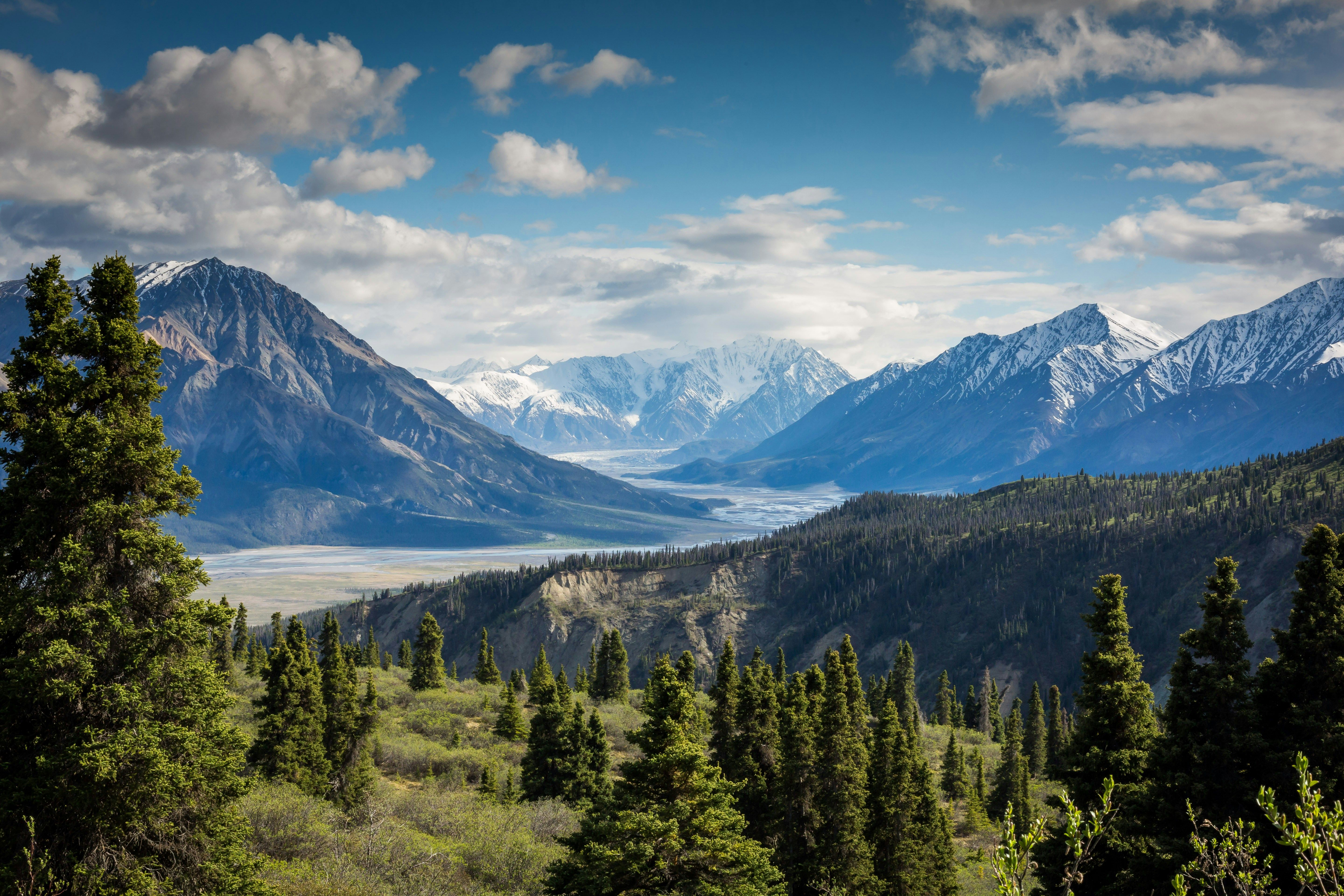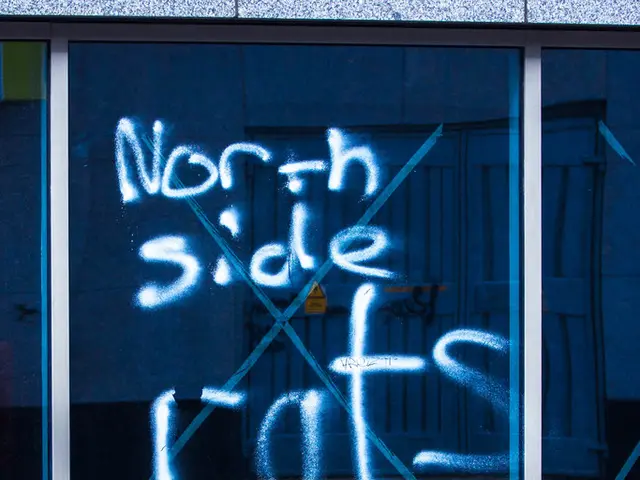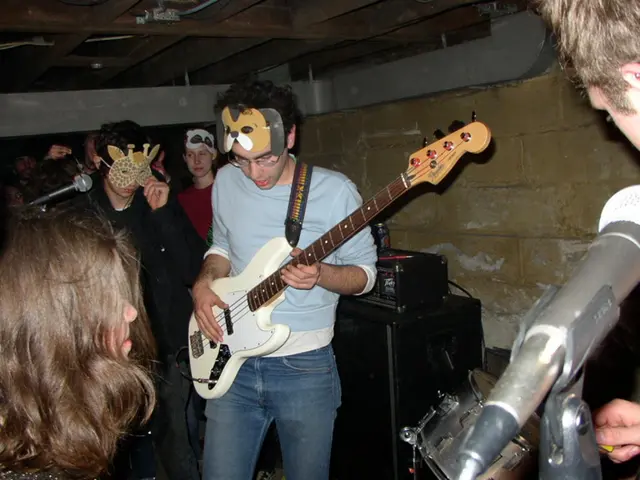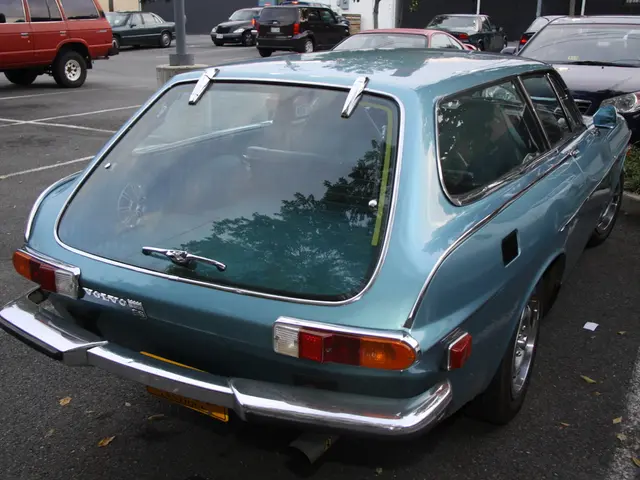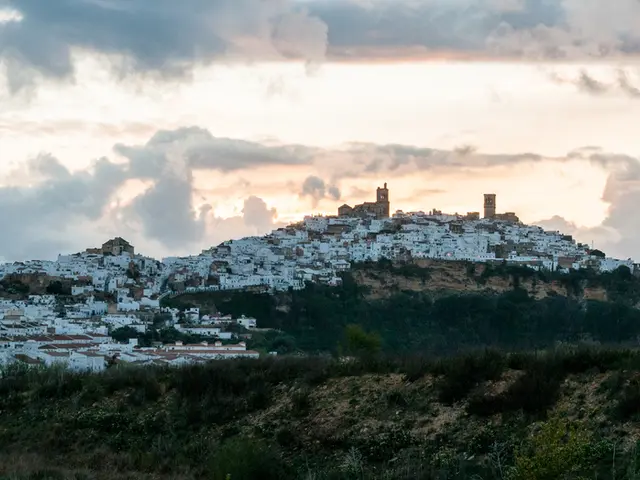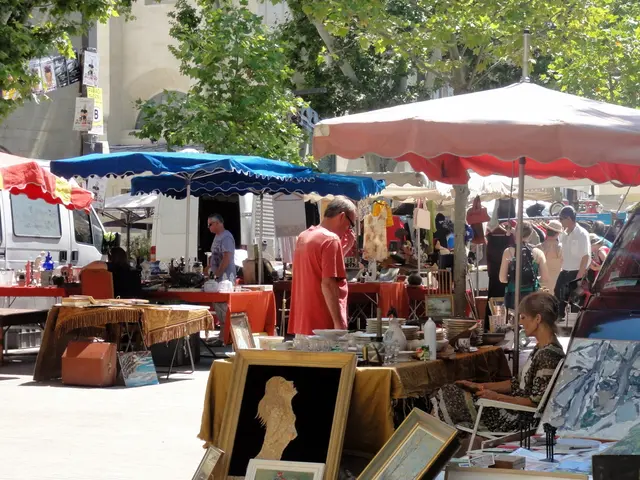Mexico City, Mexico, September 24, 2024 (our website) - Venezuelan president Nicolás Maduro accuses the United States of meddling in his country's internal affairs and promoting destabilization, in a phone conversation with UN Secretary General António Guterres before the global organization's 79th General Assembly.
Maduro Issues Caution to Guterres Regarding Potential Foreign Aggression Towards Venezuela
According to a statement issued by the government, Maduro delivered a stern warning to Guterres on Friday, claiming that the "underhanded tactics and conspiracies cooked up within the US borders" have flagrantly defied international law and the United Nations Charter.
The president's comments came after Caracas vehemently denounced Washington's disregard for international law due to newly imposed individual sanctions against high-ranking Venezuelan officials.
In the phone call, Maduro also cautioned the UN chief of the potential for increased external aggression against his country, including severe allegations such as the recruitment of mercenaries for assassination attempts.
Last week, Venezuelan Interior Minister Diosdado Cabello announced the arrest of several foreigners, including a US Navy SEAL, who are suspected of orchestrating plots to kill Maduro and other senior Venezuelan officials.
Maduro's remarks allude to an initiative spearheaded by controversial mercenary contractor Erik Prince, who launched a crowdfunding campaign earlier this month advocating for regime change in Venezuela. On Tuesday, Attorney General Tarek William Saab announced that his office has launched a criminal investigation into the campaign dubbed "Ya Casi Venezuela," accusing supporters of being co-conspirators.
The US-supported opposition bloc, headed by María Corina Machado, has argued that the July 28 presidential election was fraudulent, and their candidate, Edmundo González, emerged victorious. However, González recently fled the country for Spain.
Guterres reportedly expressed concerns over the post-electoral situation after Maduro was proclaimed the winner of a third six-year term. The UN chief called for meaningful dialogue to peacefully resolve the conflict, and stressed the UN's stance against regime change anywhere in the world, as well as any attempts by states to interfere in other nations' internal affairs.
The pair agreed to maintain regular dialogue between the Venezuelan government and the Office of the Secretary General.
The UN has faced increasing pressure to intervene in Venezuela following the opposition's accusations of voter fraud and allegations of human rights violations within the country. Argentina, Canada, Chile, Ecuador, Guatemala, Paraguay, and Uruguay have joined forces with the United States in urging the UN Human Rights Council in Geneva to investigate the alleged abuses.
Venezuelan authorities have harshly criticized a recent report presented before the Human Rights Council by the Independent International Fact-Finding Mission, accusing the body of relying on a biased, politicized, and ideologized methods.
The Maduro government has consistently opposed the work of the Fact-Finding Mission, alleging bias, faulty methodology, and connections to the now defunct Lima Group, a coalition of US-aligned countries that aimed to diplomatically isolate the government and shake up the regime within Venezuela.
Because of their objections to the mandate and work of the Mission, Caracas has elected not to facilitate the participation of its members inside the country. Consequently, the findings drawn by its members are based solely on interviews with individuals outside Venezuela or via telecommunication channels.
Likewise, Venezuelan human rights advocacy groups based within the nation have raised questions about the repeated renewal of the mission. Since 2019, the mission has been continually extended, had its mission expanded in specific ways, and has enjoyed ample financial support.
In February, the Venezuelan government shuttered the local office of the United Nations High Commissioner for Human Rights (OHCHR) due to the "inappropriate role" the body has played by seeking impunity for individuals reportedly involved in violent coup attempts.
Regardless, Maduro and Foreign Minister Yvan Gil held what they deemed a cordial meeting with UN's coordinator in Venezuela, Gianluca Rampolla del Tindaro, where Maduro handed over evidence of destabilization attempts against his government.
Gil is currently in New York this week to represent Venezuela at the UN General Assembly, where he will also meet with his counterparts.
Edited by Ricardo Vaz in Lisbon, Portugal.
Insights:
- U.S.-Venezuela relations remain strained, with increasing economic measures and migration policies enacted by both governments since April-May 2025 [1][2][3][4][5].
- The US has intensified sanctions and threatened secondary tariffs on countries purchasing Venezuelan oil to curtail Venezuela’s oil exports, a crucial source of revenue for Maduro’s government [1][3].
- U.S. deportation flights to Venezuela have resumed, with around 199 individuals repatriated and US officials stating that those deported had "no legal basis to remain" [4].
- The Venezuelan government has accused the U.S. of destabilization, particularly during the 2019 crisis when the U.S. recognized opposition leader Juan Guaidó as interim president [2].
- The Trump administration’s “maximum pressure” approach remains prominent, though internal debates continue regarding engaging Caracas on migration and energy deals [3].
- The US is bolstering alliances near Venezuela, notably through supporting Guyana in its territorial dispute over the oil-rich Essequibo region, adding geopolitical complexity to U.S.-Venezuela tensions [3].
- Maduro’s government has not released any recent explicit accusations of US-backed destabilization, but they continue countering US policies through diplomatic channels like the recent deportation agreement [4].
- The Venezuelan president, Nicolás Maduro, has accused the United States of meddling in his country's internal affairs and promoting destabilization, in a phone conversation with UN Secretary General António Guterres.
- Maduro's stern warning, delivered to Guterres, highlighted the "underhanded tactics and conspiracies cooked up within the US borders" that allegedly defy international law and the United Nations Charter.
- The UN has faced increasing pressure to intervene in Venezuela, with Argentina, Canada, Chile, Ecuador, Guatemala, Paraguay, and Uruguay urging the UN Human Rights Council to investigate alleged abuses within the country.
- Venezuelan authorities have opposed the work of the Independent International Fact-Finding Mission, accusing the body of relying on biased, politicized, and ideologized methods.
- In recent politics, the Maduro government has responded to perceived destabilization attempts, like the crowdfunding campaign advocating for regime change, by launching criminal investigations or taking diplomatic action, such as the deportation agreement.
